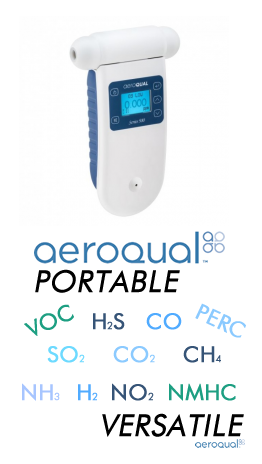Phenols Information

Phenol:
|
Other Names |
Carbolic Acid; Hydroxybenzene; Phenic Acid |
|
Chemical Formula |
C6H6O; C6H5OH |
|
CAS Number |
108 – 95 – 2 |
|
Industry Uses |
Antiseptic; Disinfectant; Pharmaceutical and Chemical Production |
|
Health Risks |
Irritant; Dermal Burns; Organ Damage; Death |
What is Phenol:
Phenol is a common ingredient in disinfectants and antiseptics. It is also used to relieve itching and is found in some sore throat sprays. Phenol can be found in areas with high levels of motor traffic. It is produced largely from petroleum. It is used to synthesize plastics. It is a precursor to many polycarbonates, epoxies, detergents, herbicides, and nylon, as well as numerous pharmaceutical drugs including aspirin. In drinking water, phenol causes a foul taste and odor, especially upon chlorination. High phenol concentrations indicate contamination from industrial effluents or waste discharge. Phenol is toxic to aquatic life and has long lasting damaging effects.
Phenol Exposure and Health Risks:
Phenol in solution is toxic by ingestion, absorption, and inhalation. It is a strong irritant to skin, causing severe burns or numbing, and to other bodily tissues. Organ damage to the liver and kidneys is possible with exposure. Prolonged or extreme exposure can be lethal. Phenol exposure has been liked to causing genetic defects.
Regulations:
The table below summarizes the most-recent standards.
|
Limit/Level |
Type |
Organization |
|
6.3 ppm |
AEGL-1 (8 hrs) |
EPA |
|
12 ppm |
AEGL-2 (8 hrs) |
EPA |
|
Not Recommended |
AEGL-3 (8 hrs) |
EPA |
|
5 ppm |
TWA (8 hrs) - Skin |
OSHA |
|
5 ppm |
TWA (8 hrs) - Skin |
NIOSH |
|
15.6 ppm |
C (15 min) - Skin |
NIOSH |
Measuring Phenol:
Dissolved Phenol concentration in water can be measured in units of parts per million (ppm). We carry instrumental kits from CHEMetrics that determine phenol levels in water. We carry kits that measure phenol levels ranging from 0-1 ppm to 0-13,000 ppm. All of our phenols products can be viewed HERE.
What type of component are you looking for?
| Fixed Mount | Handheld | Dissolved Kits: | Replacement Sensors: | Calibration Gas: | Rentals: |
 |
 |
 |
 |
 |
 |
All sensors require a yearly calibration to ensure your gas measurements are accurate and performing within manufacturer standards. This page is desiccated to the individual manufacturers we represent and their specific calibration procedures.
**Calibration Service Request Form **
|
Calibration costs do vary, see below to get an estimate: Calibration Fee: $150 Analyzer Calibration Fee: $300 PM Calibration Sensor Fee: $330 Genie Calibration Fee: $265 ATI Calibration Fee: $205 ** note that prices are subject to change per labor and parts required. |
Contact us for help choosing the right product for your application















